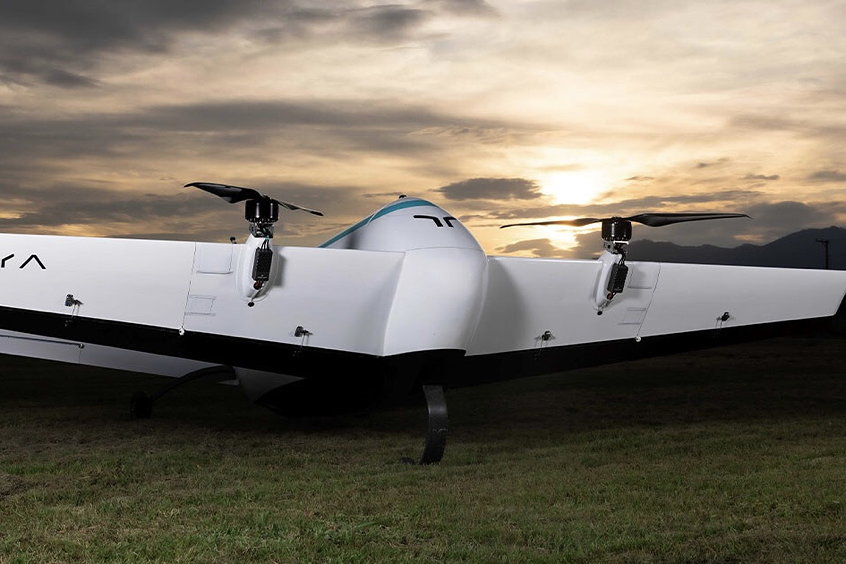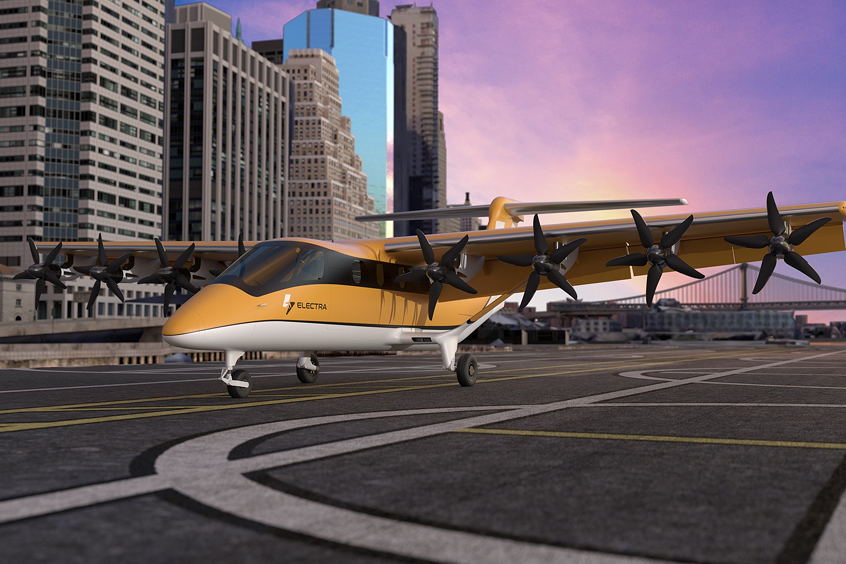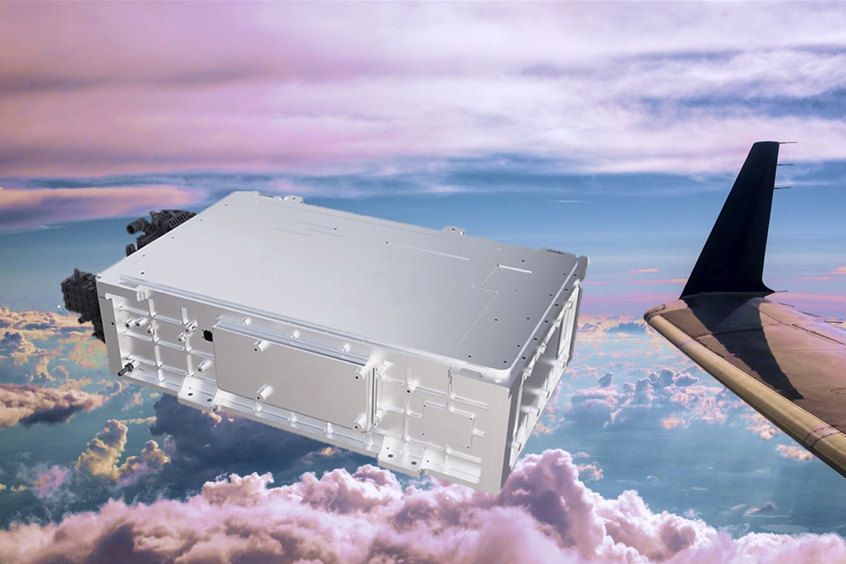Multiverse Computing is to work with Airbus Defence and Space to build a new gesture-based control system for fighter jets as part of an innovation challenge within the EPIIC European Defence Fund project.
Multiverse Computing won a competitive application process with its "Quantum Gesture Recognition for Aerospace Control" project. The team will develop a cutting-edge gesture recognition algorithm inspired by quantum computing principles to revolutionize the way pilots interact with aircraft systems. The solution will be tested in a simulated environment at Airbus Defence and Space facilities. The project started this month and ends in September 2025.
The control system for fighter jets allows pilots to interact with aircraft systems using physical gestures like hand movements without the need for traditional controls like buttons or switches.
“These new non-contact gesture-based control interactions will enhance pilot situational awareness, mission effectiveness, and overall aircraft performance,” says Enrique Lizaso Olmos, co-founder and CEO of Multiverse Computing. “Combined with Airbus’ insight into pilot interfaces, our expertise in building quantum machine learning algorithms and efficient LLMs positions us well to develop these controls.”
The cockpit technologies studied by Enhanced Pilot Interfaces and Interactions for Fighter Cockpit (EPIIC) program include interactions on at least five focus areas (Virtual Assistant, Adaptive HMI, LAD, Helmet Mounted Display and Interactions) which includes gesture-based hardware and gesture-based algorithms. Airbus is leading the gesture-based part of the challenge.
The gesture-based solutions must reliably and efficiently interact with different systems in a fighter cockpit environment and address challenges such as adaptability to gloved hands, robustness in high-vibration environments, and physical integration constraints.
These solutions can improve operational efficiency by enabling natural and efficient interactions with the systems and could include virtual reality and augmented-reality technologies.
The EPIIC project is a pan-European initiative that addresses the challenges of future air warfare and collaborative combat. EPIIC consists of more than 20 organizations from 12 European countries, including major industrial companies, university research departments, innovative start-ups, and businesses.
| Contact details from our directory: | |
| Airbus Defence & Space HQ | Airframer |
Weekly news by email:
See the latest Bulletin, and sign up free‑of‑charge for future editions.

Altair collaborates with aerospace startup Moya Aero to develop eVTOLs

Electra reveals design for EL9 hybrid-electric aircraft
Piper Aircraft achieves AS9100 certification
